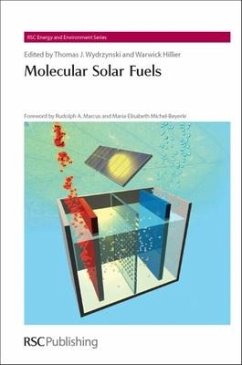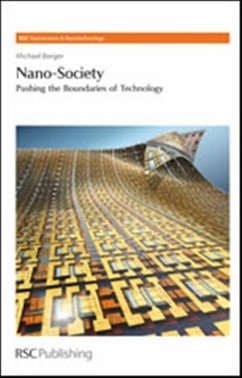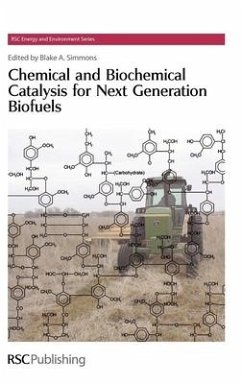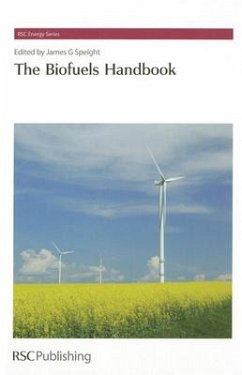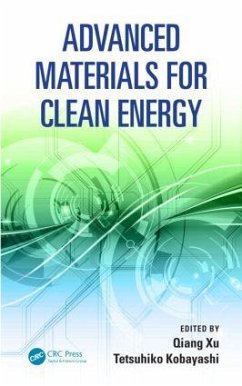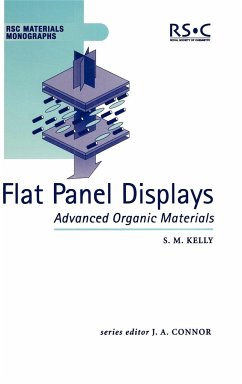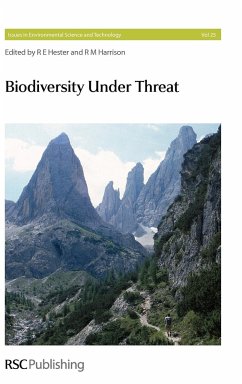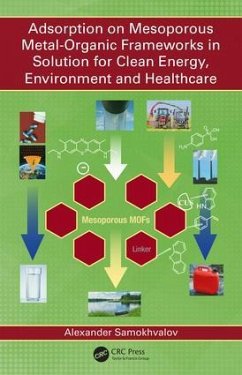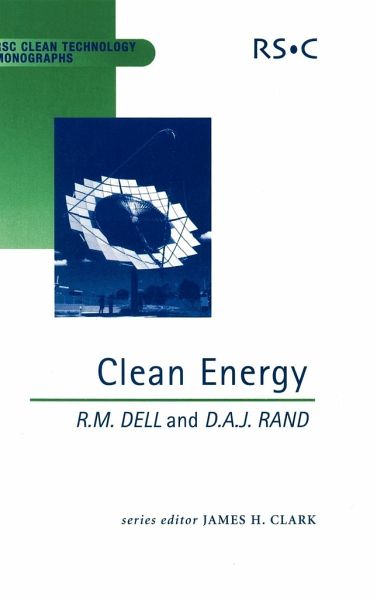
Clean Energy

PAYBACK Punkte
57 °P sammeln!
Clean Energy presents a broad survey of the energy problems facing society over the coming decades and the prospects for their solution. The book emphasizes the importance of developing a strategy for the world's future energy supply. The strategy must take into account: the finite supplies of natural gas and petroleum; the increased consumption of fuel by developing economies; the concern over greenhouse gas emissions; the pollution caused by burning coal (especially coal with a high sulphur content); the difficulties and costs of extracting unconventional fossil fuels; and the technical, soc...
Clean Energy presents a broad survey of the energy problems facing society over the coming decades and the prospects for their solution. The book emphasizes the importance of developing a strategy for the world's future energy supply. The strategy must take into account: the finite supplies of natural gas and petroleum; the increased consumption of fuel by developing economies; the concern over greenhouse gas emissions; the pollution caused by burning coal (especially coal with a high sulphur content); the difficulties and costs of extracting unconventional fossil fuels; and the technical, sociological and cost barriers that restrict the use of renewable forms of energy. Clean Energy sets the various renewable energies (wind, waves, solar etc) in the context of present and projected world production of energy usage in the time-frame until 2020 and looks speculatively beyond that. It looks at the possibilities for reducing pollution from fossil fuels and tackles the serious problem of how to store energy, in order to smooth out fluctuations in supply and demand. Clean Energy is well illustrated with diagrams and photographs and will appeal to anyone with a serious interest in environmental matters and in the interaction between energy usage and the environment. TOC:Society and Energy in Transition; Energy Production and Use; Clean Fuels; Electricity Generation; Renewable Energy - Thermal; Renewable Energy - Electrical; Why Store Electricity?; Physical Techniques for Storing Energy; Hydrogen Energy; Battery Storage; Electric Propulsion; Towards 2020; Conversion Factors; Abbreviations, Symbols and Units Used in Text; Glossary of Terms; Subject Index





